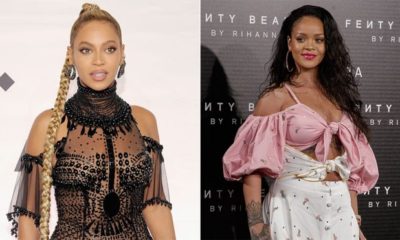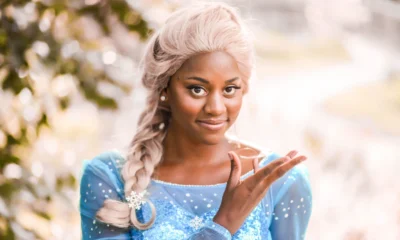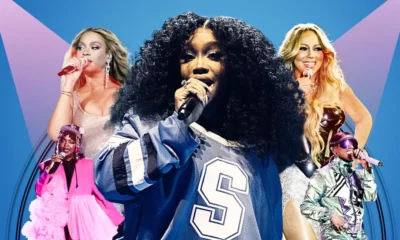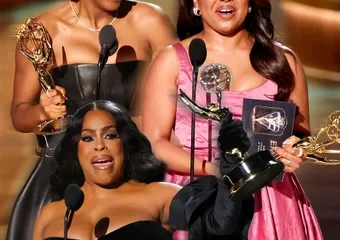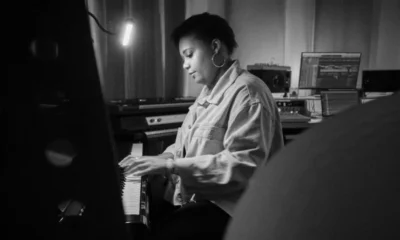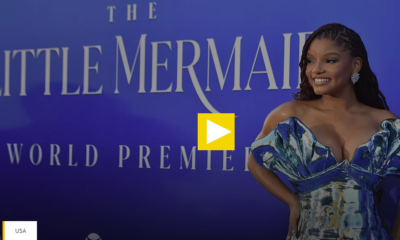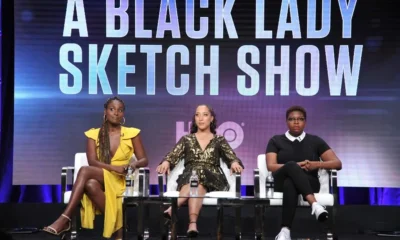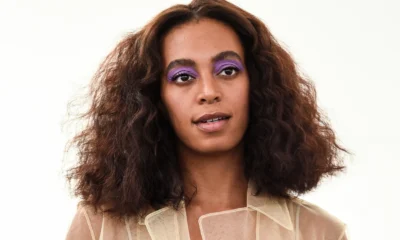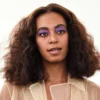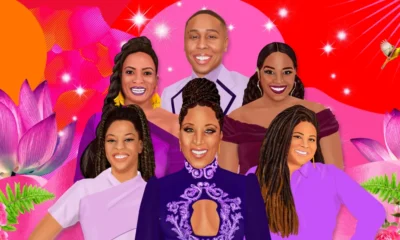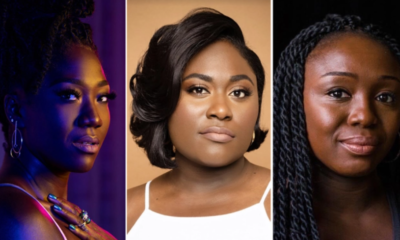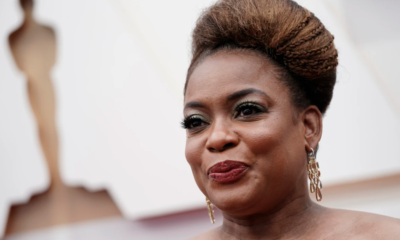Black Women in Entertainment
Filmmaker Francesca Andre Is Tackling Colorism With Award-Winning Short Film ‘Charcoal’
Colorism is a contentious topic within the Black community but with her short film, Charcoal, which follows two Black women and their journey to overcome internalized colorism, filmmaker Francesca Andre tells a personal and heartfelt story of the affect colorism has on Black women.
ESSENCE spoke to Andre about the film, which has been shown at a number of film festivals and picked up various awards, including the Visionary Award at 2017’s Crystal Ship Mini Indie Film Festival and the award for Best Short Film at Reel Sisters of the Diaspora Film Festival.
Andre touches on Hollywood’s roles in perpetuating colorism, what gets left out of the conversation on the issue, and why it is so deeply entrenched in our community.
What inspired you to create a short highlighting colorism?
One of my most vivid childhood memories was impacted by colorism. When I was a child, my school distributed Christmas presents to all the children. I received a beautiful Black doll made of cloth. In Haiti, they are called “poupe twal.” When I took the doll home, I was teased and many called my doll ugly because it was a dark-skinned doll. I stopped playing with the doll and asked for a different doll.
I grew up hearing people refer to my father and my grandfather as “ugly” solely because of their dark complexion. I also grew up seeing women being praised for their beauty after bleaching their skin. Now we are in 2017, and it’s still happening. We are still getting messages from major brands saying lighter skin is better. There‘s also a lack of representation in film and television, in media, in storytelling and a lack of dialogue within our own communities. I wrote charcoal as a way to highlight these issues, spark conversation and empower Black women to fully love themselves, skin, hair and all. I am grateful for all the actresses who helped bring this story to life —Chengu Kargbo, Lorry Francois, Kweta Henry, Heather Smith and Khamaly Bryan.
What do you think is often left out of conversations on colorism within the Black community?
The Black community is huge. It’s not only African Americans —there are so many other components and people from the African Diaspora. However, one thing is clear: We don’t talk enough about healing, collective healing. We have internalized so much toxic stuff that it takes a conscious effort to deprogram and recondition ourselves. Colorism is not dormant.. people are still being defined by their skin tone and hair texture.
Charcoal highlights how these are ideas about skin color are passed down in families. We know why colorism exists, but in a time where Blackness is being celebrated with hashtags like #melaninpoppin and #blackgirlmagic, why do you think these prejudices against dark skin still exist and are passed down to other generations?
The celebration of our blackness is viewed as a movement and often perceived as political. Blackness, being proud of our blackness makes this world uncomfortable. It’s shocking to me that loving yourself as you were created can be viewed as being political. It goes against the oppressive system that was created to destroy everything that makes you, you. For me, it was my hair. It was a journey for me to embrace and restore the relationship …
Please read original article- Filmmaker Francesca Andre Is Tackling Colorism With Award-Winning Short Film ‘Charcoal’




